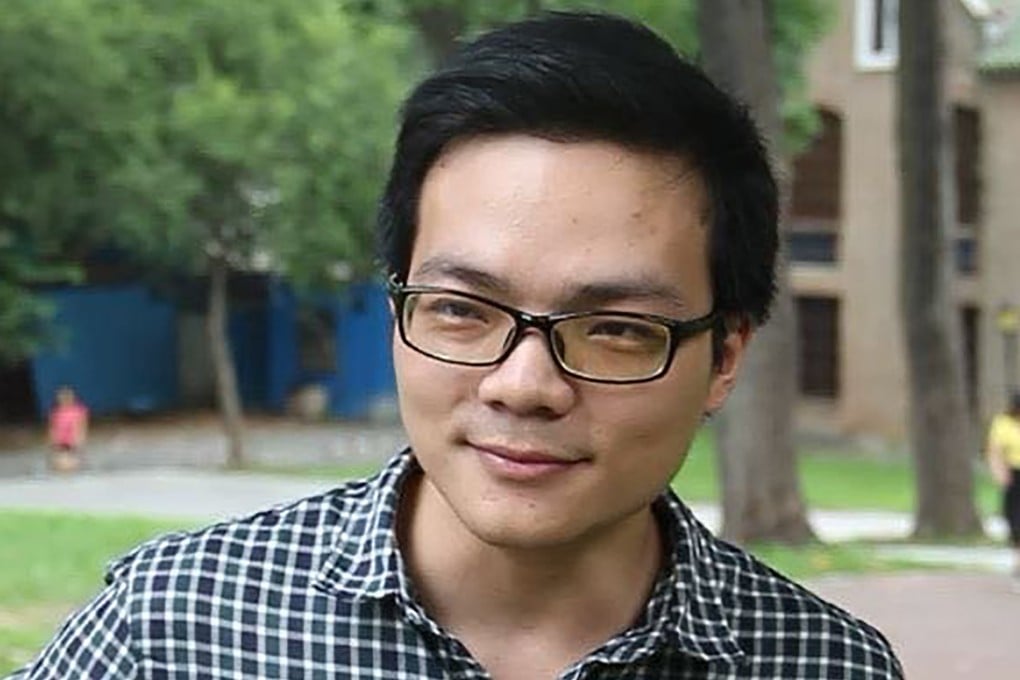China police remove prominent labour activist in home raid
- Witness saw about a dozen police and plain-clothes men take Chen Weixiang and his colleague into custody on Tuesday
- Chen’s detention caps a dark year for Chinese civil rights advocates

A prominent Chinese labour activist was taken into custody in the southern city of Guangzhou, Guangdong province, on Tuesday evening, capping a dark year for civil rights advocates in China.
Chen Weixiang – who has spent years writing, organising and advocating for sanitation workers in China – was taken from his home by around a dozen uniformed police officers and plain-clothes men, according to a friend who was present.
A fellow male activist, surnamed Zhang, was also taken while a third person, surnamed Lu, who also worked on labour rights campaigns, has been reported missing.
“I wanted to cry out to them, and somehow stop what was going on, but I realised I had no power in the situation,” Chen’s friend said. “I thought instead I have to do something to save them, and tell friends about what had happened.
“Of course this isn’t the first time – so many have been arrested, but it was the first time I’ve seen it with my own eyes. I felt powerless, and I couldn’t accept what I was seeing,” the friend said.
Police at Nanshitou police station in Guangzhou, where Chen was reportedly taken, said by phone that they would not answer questions from journalists.